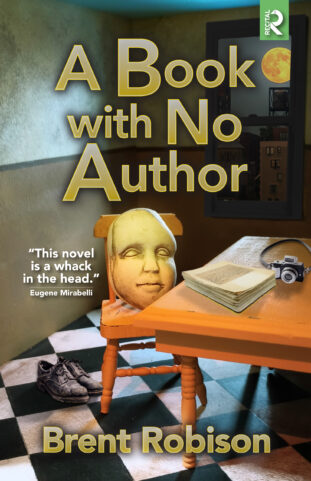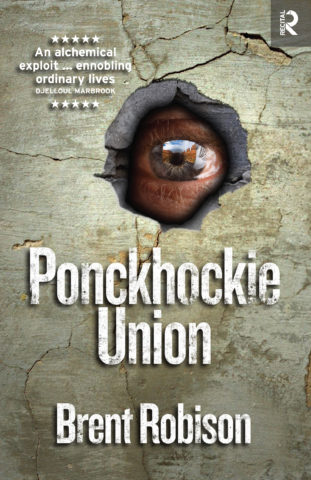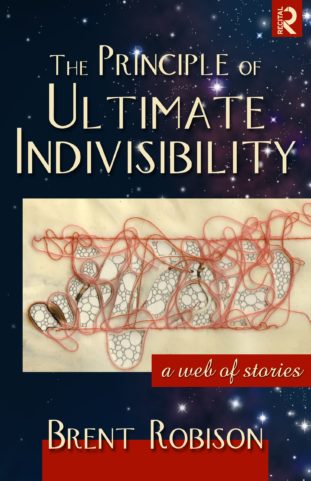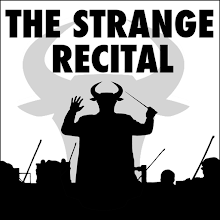This last couple of weeks, my thoughts have been back in the 70s. In the second week of February, 1974, my daughter was born (the photo was taken just two hours after her home birth) -- when I was only 21 and her mother 18 (and we’d already been married for a year -- crazy children!). Birthdays have a way of superimposing present over past like images on transparent film, layer upon layer. Plus, my niece just posted old family photos on Facebook, several of which I had shot, and the memories piled up even thicker.
Today that tiny baby in the picture is an awesome grown woman. She became an entirely different being in the intervening years, as did I. Or is each of us still “the same person” we were then? Hmmm....
A slight twist on that question is whether each life is a cohesive arching novel or a series of disconnected flash-fiction stories. An article I read a year or more ago, The End of the Episode by Lee Siegel, brings into the realm of literature a philosophical question first explored by British philosopher Galen Strawson. Narrative or Episodic: which are you?
I have a “life story” like everyone has, and I can choose to see it as one big narrative, or as a series of disconnected episodes. So what would it mean to write “my story?”
My friends Fred and Marta, dedicated memoirists who run the popular Authentic Writing workshops, are strong proponents of writing one’s story. They make this powerful statement on their website: “Authentic Writing directs writers to return to their most essential, personal material – the content of their actual lives – and to render those stories not in pious ephemeral terms, but in tough, concrete ones.” I believe in this dictum, but I don’t write memoir. I prefer to write fiction. So I interpret the directive loosely: that is, my internal life, my imaginings, my metaphorical phantasms, are a crucial part of my “actual life.” And what is good fiction if not a rich, complex mixture of the “real” and the “imagined?” The difference between those two is slippery at best -- just two different doors in my mind that may lead to the same big room.
So -- my fiction is my story. And maybe it’s a tool for transcending that other story, the one that’s made up of dates and places and people in “reality” (which is to say, in my memory, behind the door labeled “Real”). In my weekly therapy group, I experience the undeniable value of dragging stories out of that Real closet, seeking the catharsis and healing of emotional re-enactment, and I prefer to keep those actualities in that setting rather than being bound by them in my creative writing life.
Why would I want to transcend my personal history? Because it is not me. A conventional wisdom worth knocking down is that one’s personal history is closely related, if not identical, to this thing we call a “self.”
What I’m pointing at here lies, I hope, at a deeper level than the Narrative vs. Episodic debate. According to neuro-philosopher Daniel C. Dennett, the self is no more than an abstraction, similar to the “center of gravity” in physics. In The Self as a Center of Narrative Gravity (1986), he says we are all virtuoso novelists: “We try to make all of our material cohere into a single good story. And that story is our autobiography. The chief fictional character at the center of that autobiography is one's self. And if you still want to know what the self really is, you're making a category mistake.” In The Origins of Selves (1989), he compares humans to beavers and spiders: “Our fundamental tactic of self-protection, self-control, and self-definition is not building dams or spinning webs, but telling stories -- and more particularly concocting and controlling the story we tell others -- and ourselves -- about who we are.”
Dennett would probably never agree with me, but I take his pronouncements about the unreality of individual selves to support the idea of a bigger, unified Self: an overarching Consciousness or Awareness, of which each of us is an illusory part, a flickering reflection. Alan Watts says all this best with two great quotes: “Trying to define yourself is like trying to bite your own teeth,” and “I is just the Universe eyeing.”
We’re all in the same predicament. Linking the moments of our waking lives together across the years is a game we humans are compelled to play by fear of emptiness. Or perhaps, more than a game, this continuity of memory is a crucial survival device created by our fragile egos to organize life-threatening chaos. On Day One of a life, the human nervous system begins weaving a nearly impenetrable curtain to shield itself from the Great Beyond (misinterpreted as annihilation). As babies facing the trauma of separation from our mothers, we begin creating False Selves, neuroses that govern the rest of our lives, unless we see them and leave them behind. (For more, see Stephen Wolinsky’s Quantum Psychology ideas, such as in Waking from the Trance.)
Am I my past, the sum of my memories? Am I my psychology, my bundle of neuroses? Am I the story I’ve manufactured to keep my ego intact? Am I my family, hometown, church? Am I this aging body?
Well, back in the 70s, all these psycho-philoso-metaphysics were not the things I was thinking about. Am I my thoughts? Whatever the answer, I am very different now. It often seems that I carry around memories of some other person’s life (perhaps implanted in my mind as I slept!). Who was that guy? And the trajectory of my daughter’s path -- from her birth in a little house in Utah where my mother was once a child, to a tropical island where she now does bodywork and healing, in between diving excursions -- seems to grow ever more divergent from mine. Our connection is biological and so much more, but where are the intersections of our lives, our pasts, our selves, today and tomorrow?
In one of the best recent sessions of my therapy group, I talked about my chronic tendency to see myself as a failure with a capital F. It’s a complex issue related to infancy, adolescent rebellion, my parents’ religion, so much more... but it is also just a bad habit. An identity choice. A costume. My therapist said, “You’ve got to be willing to take off that suit.”
To grow, I must be willing to drop my story.
The only way to find out who you are, taught Sri Nisargadatta Maharaj, is to find out first who you are not. You soon see the answer is neti neti: not this, not that, not this, not that (on and on).... But that’s another investigation.
Adi Shankara, 1st century Advaita (nondualist) philosopher, said: "That which permeates all, which nothing transcends and which, like the universal space around us, fills everything completely from within and without, that Supreme non-dual Brahman -- that thou are."
So then, who am I? I am That. I am a discontinuous, non-local point of awareness, or rather Awareness, manifesting as a man in this space and time.
I must tell my story / I must drop my story. I love this perfect nondual paradox, and in its precarious balance is where I live every day.
Wednesday, February 16, 2011
Subscribe to:
Posts (Atom)





